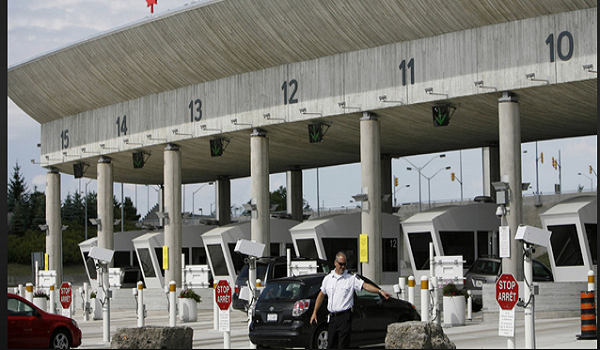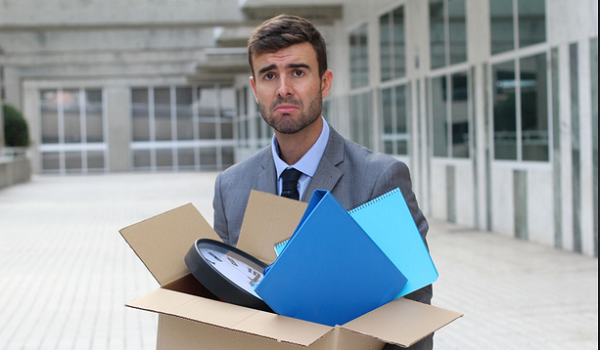President Trump emphasizes on annexation threat, says Canada would be ‘cherished state’
U.S. President Donald Trump doubled down on his desire for Canada to become the 51st state Sunday, while also threatening new tariffs on steel and aluminum products despite a 30-day reprieve announced nearly a week ago.
A source tells CTV News that Prime Minister Justin Trudeau told a crowd of business leaders at a summit in Toronto Friday that Trump’s threat to make Canada the 51st state is a “real thing,” in part as a way to gain access to Canada’s critical minerals. The comments were made after media had been asked to leave the room.
Speaking to Fox News anchor Bret Baier in an interview Sunday, Trump was asked directly about Trudeau’s comments about the annexation threat being real.
“Yeah, it is,” Trump answered. “I think Canada would be much better off being a 51st state because we lose $200 billion a year with Canada, and I’m not going to let that happen. It’s too much.”
But according to Statistics Canada, when trade in goods and services are combined, Canada recorded an overall trade surplus of $94.4 billion with the United States in 2023.
Trump also spoke about Canada becoming the 51st state while speaking to the media on Air Force One on Sunday. Trump claims Canadians would be “paying less than half of the tax” if Canada were to become part of the U.S.
“I love the people of Canada. We have a great relationship. But if they became our 51st state, it would be the greatest thing they could ever do. It would be unbelievable. It would be a cherished state and think of how beautiful that country would be without that artificial line running right through it,” Trump said.
In that same media scrum, Trump also took aim at Canada’s defence spending, saying “they don’t pay their share of military.”
“(Canada) pays very little for military. They’re not protected at all, and the reason is they think we’re going to protect them.”
Canada is one of a few NATO members that has yet to reach the target of two per cent of GDP on defence spending. Canada has currently committed to reaching that milestone by 2032 – eight years after the original deadline. In recent weeks, Trump has also signalled he believes that target should increase to five per cent of GDP.
On Sunday, the U.S. president also escalated his trade policy, saying he will announce on Monday new 25 per cent tariffs on all steel and aluminum imports into the U.S., including Canadian products.
Trudeau is currently in Paris, France, where he attended an AI summit. He is also aiming to strengthen trade ties with European countries during the trip.
Late Sunday, Trudeau did not stop to address the media in response to Trump’s latest comments. But a senior government source tells CTV News that the Prime Minister’s Office did see the news.
“We have no additional information at this time,” the source said. “I note the (tariffs) comment is about all countries. Just like on Jan. 20th and Feb. 1st, we will wait to see something in writing or more official.”
In 2018, during his first term in office, Trump triggered a yearlong trade war by imposing a 25 per cent tariff on Canadian steel products and 10 per cent on Canadian aluminum, citing national security concerns. In response, Canada unveiled a 25 per cent counter-tariff on a long list of American steel and aluminum products, along with a 10 per cent surtax on miscellaneous U.S. goods including coffee, prepared meals and maple syrup. Those retaliatory tariffs were eventually lifted in 2019 after Canada, the U.S. and Mexico reached a deal.
On Sunday, Industry Minister Francois-Philippe Champagne commented on Trump’s latest threat in a social media post saying, “We will continue to stand up for Canada, our workers, and our industries.”
In his interview with Fox News on Sunday, Trump was also asked about Canada’s border security plan.
Last week, Canada got reprieve for at least 30 days from Trump’s threat to impose a 25 per cent tariff on all Canadian imports except energy products, which would be subject to a 10 per cent tariff, after making new commitments to secure the shared border.
In addition to implementing the $1.3 billion border plan – which includes deploying additional personnel, drones, surveillance equipment and helicopters – Canada will appoint a “fentanyl czar” and list cartels as terrorists.
Asked by Baier whether the border plan is sufficient, Trump said, “No, it’s not good enough,” adding that “it’s not sustainable.”
In the last year of tracking, U.S. border agents seized less than 20 kilograms of fentanyl at the Canada-U.S. border compared to 9,500 kilograms seized at the border with Mexico.
This article was first reported by CTV News













